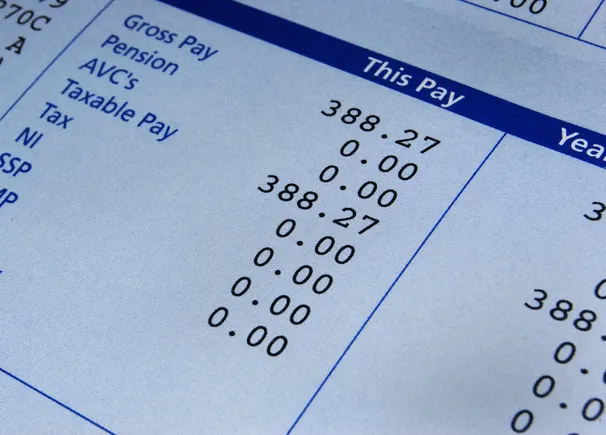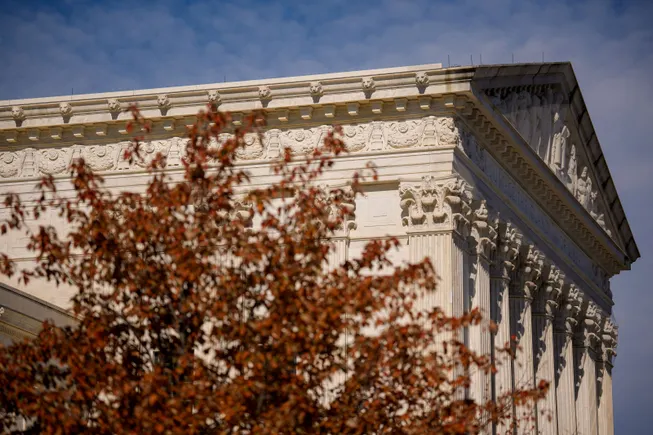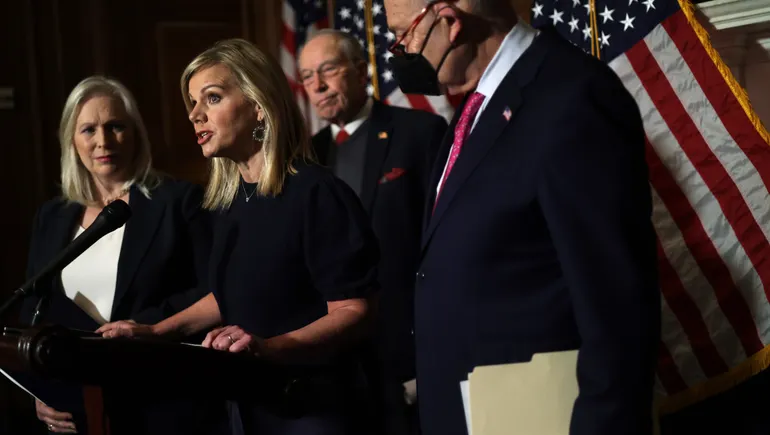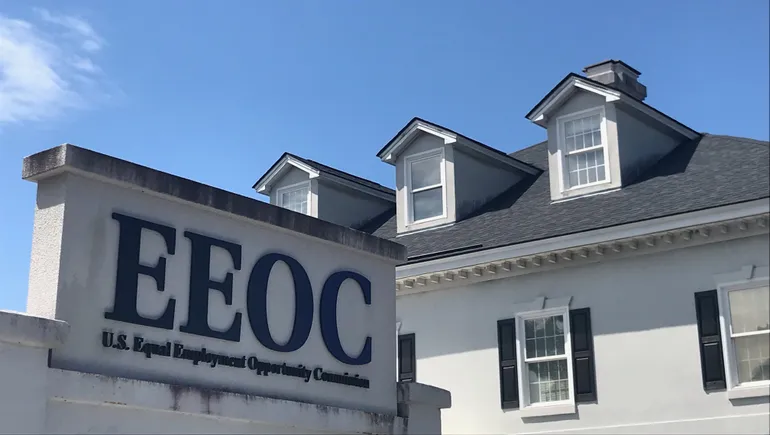Dive Brief:
- Three law students allege that the U.S. Equal Employment Opportunity Commission and Acting Chair Andrea Lucas are acting outside of their authority in threatening to investigate the diversity, equity and inclusion practices of 20 major law firms, according to a complaint filed Tuesday in the U.S. District Court for the District of Columbia.
- The students — identified as Doe 1, Doe 2 and Doe 3 — said EEOC does not have the Congressional authority to collect sensitive personal information about applicants and employees from the law firms unless it is investigating a charge of discrimination and has “grossly overstepped” its authority.
- In letters sent to the law firms last month, Lucas requested details on application and selection criteria for diverse clerkship programs, hiring and compensation policies and the use of affinity groups. The plaintiffs, who either worked at or applied at several of the named firms, said they “are deeply worried that their data will be divulged, and that they may be targeted as a result,” per the complaint.
Dive Insight:
The “ultra vires” — meaning beyond one’s legal power — investigations being conducted by EEOC and Lucas are meant “to intimidate and coerce members of the legal profession,” the students said.
“The administration’s ongoing campaign of sanctioning law firms that it views as opposing its interests places enormous pressure on the firms to comply, for fear of drawing the administration’s ire and retaliation,” the complaint reads. EEOC did not immediately respond to a request for comment.
Already, a handful of law firms, including Kirkland & Ellis, Latham & Watkins, Simpson Thacher & Bartlett and A&O Shearman Sterling, have entered settlement agreements with EEOC in which they agreed to step away from diversity, equity and inclusion programs, the agency announced Friday.
Several former EEOC officials previously wrote Lucas a letter expressing their “grave concerns” about the law firm messages and requesting that they be withdrawn. They said Lucas’ letters “imply a duty to respond without any basis in the laws that EEOC enforces” and raise procedural questions under the Paperwork Reduction Act.
Since President Donald Trump’s inauguration, EEOC has undergone a marked shift in its approach to DEI. Lucas issued guidance last month on DEI-related discrimination at work. Former members of the commission also criticized that guidance as wrongly characterizing DEI work as “fraught with legal peril.”






Leave a Reply